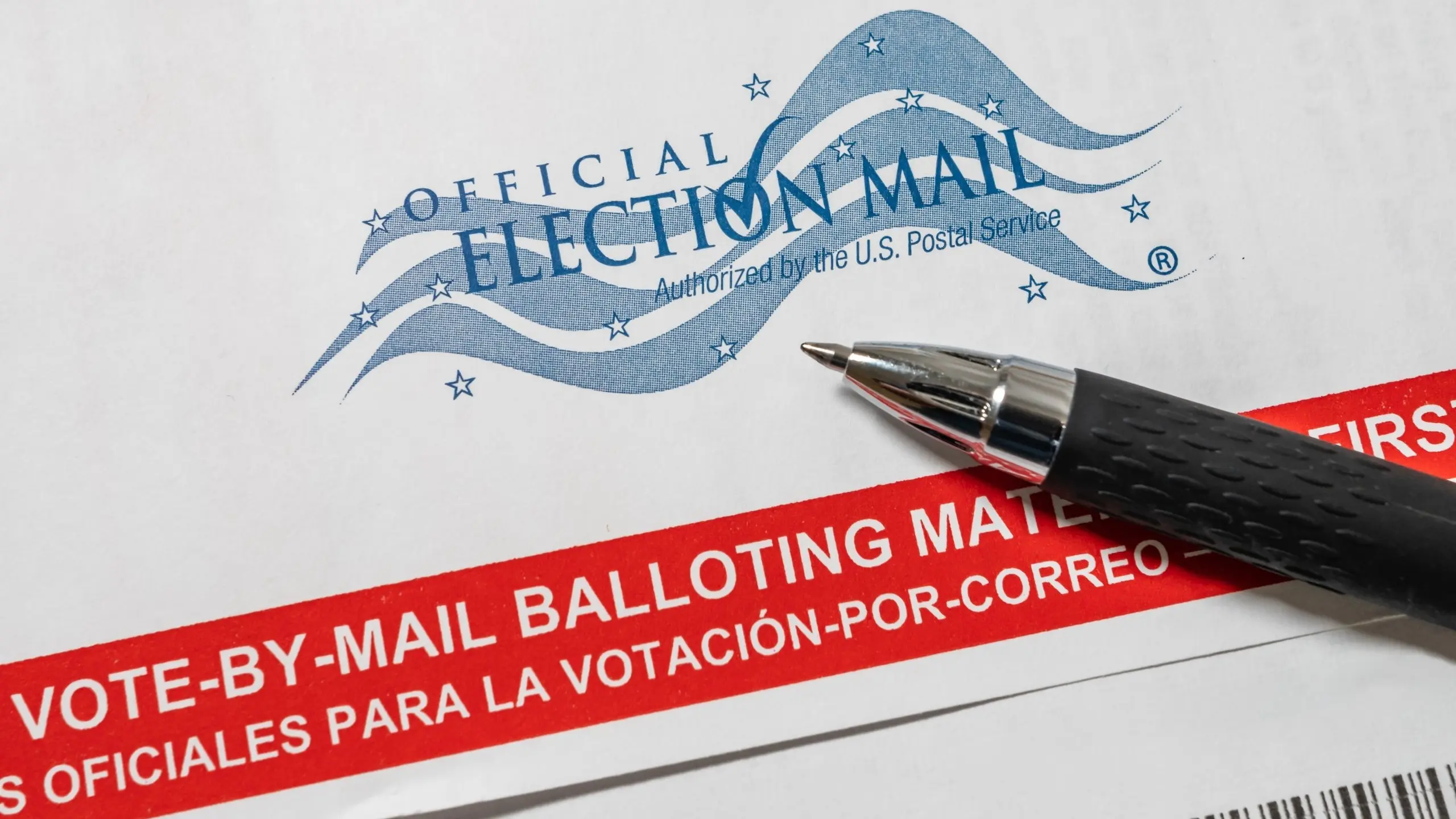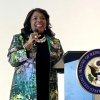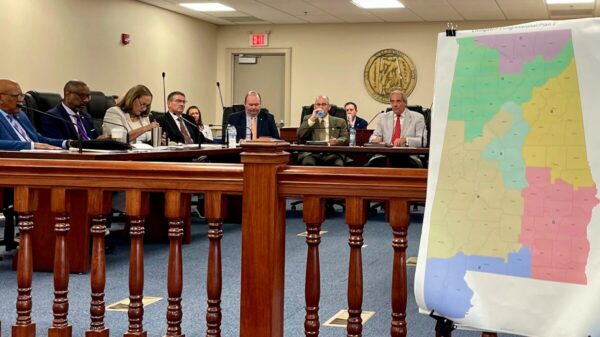|
Getting your Trinity Audio player ready...
|
The 11th Circuit Court’s Friday decision to block a key section of Alabama’s restrictive absentee voting law throws into sharp relief the deepening conflict between state governments pushing for tighter election laws and advocacy groups fighting to protect access to the ballot. Senate Bill 1, passed earlier this year, is one of several efforts across Republican-led states to impose more stringent absentee voting rules, under the guise of preventing election fraud. But once again, those hit hardest by these so-called “fraud prevention” measures are the very people who need the most help navigating the voting process. The decision in Alabama NAACP v. Attorney General of Alabama denied Alabama’s request to put on hold an earlier court order.
The contested section of Alabama’s law, now temporarily blocked, made it a felony for individuals assisting with absentee ballot applications to receive any form of compensation—even food or gas money—or to distribute or submit prefilled applications. The provision would have disproportionately affected disabled, blind, or illiterate voters, many of whom rely on help to exercise their most fundamental right. By upholding the block, the court reaffirmed what voting rights advocates have been saying all along: these provisions aren’t about election integrity—they’re about making it harder for certain voters to cast their ballots.
Chief U.S. District Judge David Proctor, who initially issued the injunction in September, argued that the law placed “undue burdens on voters already at a disadvantage.” The 11th Circuit agreed, affirming that the blocked provisions went beyond election security and actively restricted voter access, particularly for those with disabilities.
Advocacy groups such as the ACLU of Alabama, Legal Defense Fund, and the Alabama Disabilities Advocacy Program hailed the decision as a victory for voting rights. For these groups, the ruling is more than a procedural win—it’s a lifeline for voters who would have been disenfranchised by a law they believe violated the Voting Rights Act. Many blind and disabled voters, in particular, depend on assistance from family, friends, or voter outreach volunteers. Without such help, their voices could be silenced.
But Alabama Attorney General Steve Marshall, supported by attorneys general from Mississippi, Arkansas, and Texas, has been resolute in defending the law. According to Marshall, the restrictions are essential for preventing fraudulent practices like “ballot harvesting.” The court, however, was not swayed, concluding that the law overreached and instead restricted legitimate forms of voter assistance.
The battle over Senate Bill 1 is just one skirmish in a much larger war over voting rights. Across the nation, similar laws are facing legal challenges, illustrating a deep national divide over how best to secure elections while protecting voter access. Civil rights groups argue that laws like Alabama’s will inevitably lead to voter suppression, particularly among marginalized and vulnerable populations.
While the court’s ruling provides temporary relief for voters in Alabama, the legal fight is far from over. Marshall may appeal to the U.S. Supreme Court, seeking to overturn the lower court’s injunction and fully implement the law. Should the high court take up the case, the decision could have far-reaching consequences, potentially affecting absentee voting laws across the country.
The 11th Circuit did, however, uphold several key provisions of SB1, including the law’s ban on curbside voting, witness requirements for absentee ballots, and strict voter ID provisions.
For now, the injunction remains in effect, and advocacy groups can continue assisting disabled and blind voters without fear of prosecution. But the broader implications of this case loom large. The ruling could serve as a precedent for how courts across the country interpret the balance between election security and voter accessibility. As Alabama heads toward future elections, all eyes will be on this legal battle to see how it shapes the national conversation on voting rights.


















































